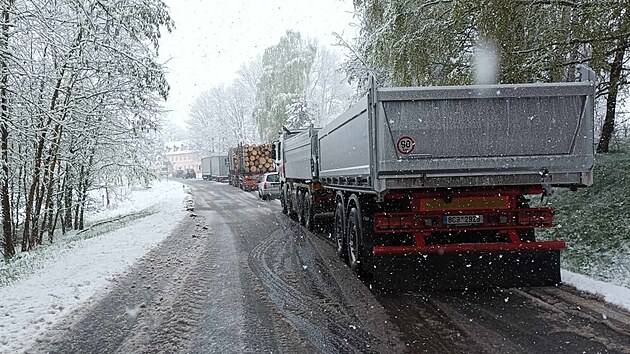Some 26 percent of Czech computer users caught a virus or other computer infection resulting in the loss of information in the last 12 months, according statistics released by Eurostat, the statistical arm of the EU, for Safer Internet Day on Feb. 8. The EU average was 31 percent.
The highest shares of Internet users who caught a virus or other computer infection were found mainly in new EU member and Southern European states— Bulgaria (58 percent), Malta (50 percent), Slovakia (47 percent), Hungary (46 percent) and Italy (45 percent). The lowest rates were in Austria (14 percent), Ireland (15 percent), Finland (20 percent) and Germany (22 percent).
Some 4 percent of people in the EU-27 reported that they suffered abuse of personal information sent over the Internet and/or other privacy violations in the last 12 months, with the highest shares in Bulgaria and Spain (both 7 percent), Italy and the Netherlands (both 6 percent).
In the same period, 3 percent of Internet users suffered financial loss due to “phishing” or “pharming” attacks or fraudulent payment card use, with the highest shares recorded in Latvia (8 percent), the UK (7 percent), Malta and Austria (both 5 percent). Phishing and pharming refer to the use of fraudulent means such as bogus e-mails and websites using faked corporate logos to gather sensitive information including bank details and passwords. In the Czech Republic, 1 percent of people reported both abuse of personal information and financial loss due to phishing or pharming.
Below average in safety software
The vast majority of individuals (84 percent) who used the Internet in the last 12 months said they used at least one IT security software program or tool. The highest rates were in the Netherlands (96 percent), Luxembourg, Malta and Finland (all 91 percent), while it was less than two-thirds in Latvia (62 percent), Romania (64 percent) and Estonia (65 percent). The Czech Republic was below average in this regard, with just 68 percent, despite several major anti-virus software makers being based in the country, including Avast Software in Prague and AVG Technologies CZ in Brno, South Moravia. Both provide free software in Czech and other languages.
Safer Internet Day is part of a global drive to promote a safer Internet for all users, in particular children and young people, and is organized by INSAFE, a European Internet safety network co-funded by the European Commission, Eurostat stated.
“For children and young people especially, it is both a celebration of the wonderful opportunities the online world offers, and a reminder that they need to be responsible citizens in the digital world,” Neelie Kroes, patron of Safer Internet Day and the European digital agenda commissioner, said in an INSAFE press release.
| Caught a virus or other computer infection | Abuse of personal information sent on the Internet | Finanical loss due to phishing, pharming or payment card misuse | Use any kind of IT security software or tool | |
|---|---|---|---|---|
| EU27 | 31 | 4 | 3 | 84 |
| Belgium | 32 | 3 | 3 | 89 |
| Bulgaria | 58 | 7 | 1 | 73 |
| Czech Republic | 26 | 1 | 1 | 68 |
| Denmark | 29 | 4 | 3 | 89 |
| Germany | 22 | 2 | 3 | 88 |
| Estonia | 42 | 4 | 2 | 65 |
| Ireland | 15 | 2 | 4 | 80 |
| Greece | 34 | 3 | 2 | 83 |
| Spain | 33 | 7 | 4 | 84 |
| France | 34 | 5 | 2 | 89 |
| Italy | 45 | 6 | 4 | 67 |
| Cyprus | 34 | 1 | 2 | 79 |
| Latvia | 41 | 5 | 8 | 62 |
| Lithuania | 34 | 2 | 1 | 79 |
| Luxembourg | 28 | 5 | 3 | 91 |
| Hungary | 46 | 4 | 2 | 84 |
| Malta | 50 | 4 | 5 | 91 |
| Netherlands | 23 | 6 | 3 | 96 |
| Austria | 14 | 3 | 5 | 87 |
| Poland | 30 | 3 | 1 | 79 |
| Portugal | 37 | 4 | 2 | 86 |
| Romania | * | 5 | 2 | 64 |
| Slovenia | 37 | 1 | 1 | 88 |
| Slovakia | 47 | 3 | 1 | 86 |
| Finland | 20 | 1 | 2 | 91 |
| Sweden | 31 | 1 | 2 | 89 |
| UK | 31 | 4 | 7 | 88 |
| Norway | 28 | 3 | 3 | 91 |
| Croatia | 33 | 3 | 2 | 78 |
| Turkey | 36 | 4 | 3 | 58 |
| Source: Eurostat; figures in percent | ||||




